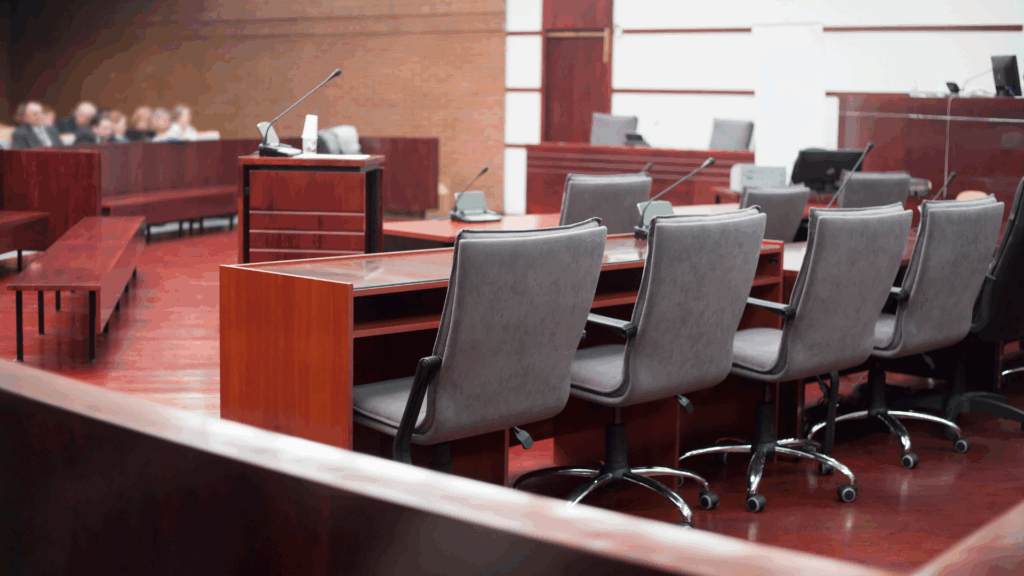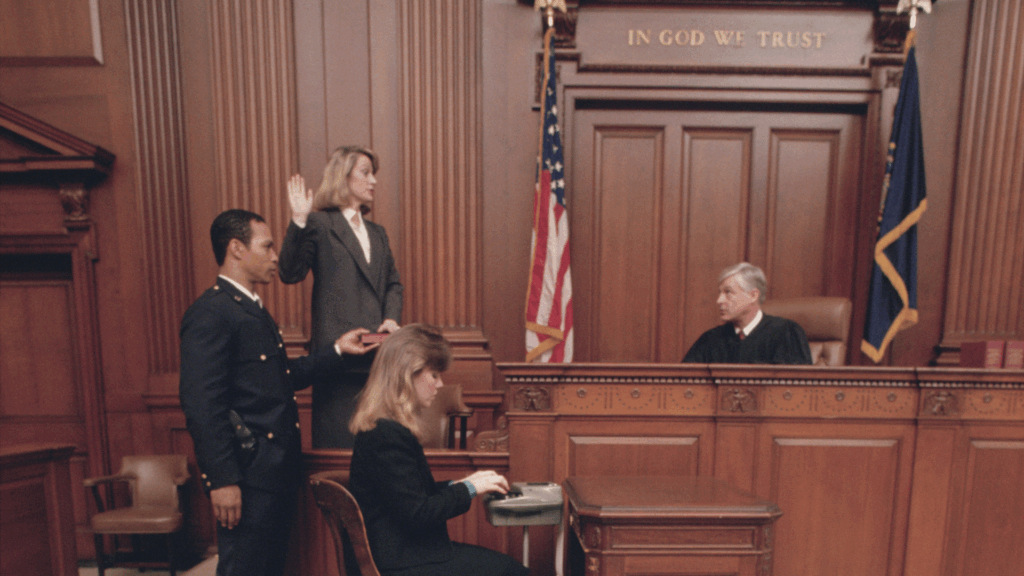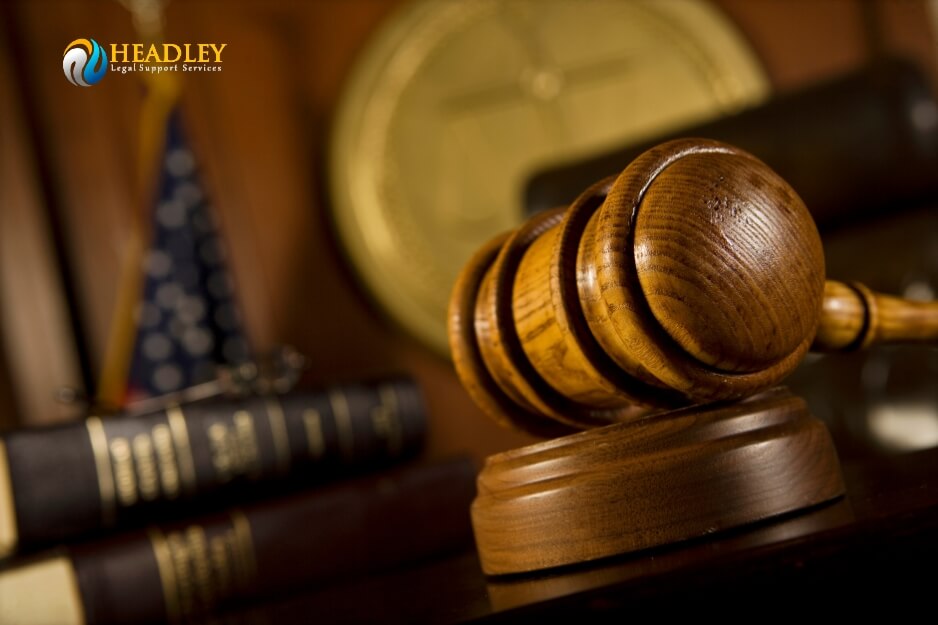In the legal world, accuracy is everything. But as the industry evolves, so does the way we capture and preserve courtroom proceedings. Today, court reporting is no longer just about stenography—it’s a fast-changing field that blends human skill with powerful new technology.
If you’re part of a legal team, a solo attorney, or someone supporting court operations, you’ve likely heard the buzz: digital reporters, AI transcription, real-time transcripts, and more.
So, what does this all mean for the future of court reporting? And should you trust technology alone with something as important as the legal record?
In this blog, let’s break it down in simple terms. We’ll explore what’s new in 2025, how it’s changing the game, and why the human touch still matters, especially when it comes to accurate reporting.
First, What Is a Digital Reporter?
Before we dive into trends, let’s answer a basic but important question: What is a digital reporter?
A digital reporter is someone trained to capture courtroom or legal proceedings using high-quality audio recording tools. Instead of typing on a stenograph machine, they focus on getting clean audio, usually with multi-channel recording and real-time annotations.
Once everything is recorded, transcripts are created either by human transcribers or with the help of transcription software.
Digital reporting has become more common, especially in places facing a shortage of certified court reporters. It’s cost-effective, fast, and, when done right, very reliable. But don’t be fooled—this isn’t just hitting “record” and walking away. A good digital reporter is actively listening, adjusting equipment, flagging speakers, and making sure no detail gets missed.

How Technology is Transforming Court Reporting in 2025
Court reporting is stepping into the tech era. If you’ve been in the legal field for a while, you’ve probably noticed the shift. What used to take days or weeks is now possible in hours. Let’s walk through the most exciting changes in 2025.
1. AI-Powered Transcription (But With Human Review)
AI tools can now listen to a recording and turn it into a transcript in minutes. It sounds impressive—and it is—but let’s be real: AI still makes mistakes.
Legal terms, heavy accents, fast talkers, or multiple people speaking at once? AI can struggle with all of that.
That’s why most professional services use a hybrid process: AI creates a draft, then a real person steps in to clean it up. This human review is crucial to ensure accurate reporting that lawyers can use in court.
2. Human + Tech = The Perfect Pair
More firms are leaning into hybrid court reporting—combining the power of technology with the insight of a trained professional.
Here’s how it works:
- A digital reporter records the session and tags key moments.
- Transcription software generates a first draft.
- A human editor carefully reviews, corrects, and finalizes the document.
The result? Faster turnaround times without sacrificing quality. For busy lawyers reporting to clients or prepping for trial, this kind of speed and accuracy can make a huge difference.
3. Real-Time Captioning: See It As It Happens
One of the coolest tools in 2025 is real-time court reporting. Imagine watching a deposition or trial and seeing the words appear on a screen as they’re spoken, like live captions on a news broadcast.
This is especially helpful for:
- Clients with hearing impairments
- Remote legal teams tuning in from different locations
- Attorneys taking notes while reviewing testimony in real time
And yes, it improves accuracy too. You’re not waiting days to review what was said—you’re seeing it live.
4. Easy, Secure File Access in the Cloud
No more waiting for printed transcripts or emailing back and forth. Most court reporting services now use secure cloud platforms to store and share files.
Legal teams can log in, grab what they need, and move on. Everything is organized, searchable, and backed up for safety.
This is huge for modern firms juggling multiple cases or collaborating across teams.
5. Smarter Speaker Identification
Here’s another high-tech feature to love: voice recognition that can tell who’s talking, even in a room full of people.
This is especially helpful during:
- Heated cross-examinations
- Multi-party depositions
- Long hearings where speakers change frequently
By assigning the right name to each voice, transcripts become much clearer—and far more useful for everyone involved.
But Wait… Is Tech Alone Enough?
Let’s pause for a moment and get honest.
Technology is powerful. But when it comes to legal records, even the smartest software can’t replace human judgment. There’s nuance in every conversation—tone, context, legal phrasing—that a machine might miss.
Only a trained court reporter knows when to clarify a phrase, flag an inaudible section, or double-check terminology.
This is especially important when you’re dealing with evidence, appeals, or sensitive hearings. One misheard word could change the entire meaning of a testimony.
That’s why we always recommend choosing a provider that blends tech with human expertise.
👉 Still deciding between traditional and digital court reporting? Check out our guide on Court Reporters vs. Digital Transcription: Why Human Court Reporters Are the Better Choice

How to Choose the Right Court Reporting Service
Whether you’re booking a deposition or preparing for trial, you want peace of mind. So here’s what to look for in 2025:
- ✅ Offers both digital reporters and certified court reporters
- ✅ Uses secure, cloud-based platforms for sharing files
- ✅ Provides human-reviewed transcripts
- ✅ Has a fast, reliable turnaround
- ✅ Communicates well (especially important for lawyers reporting on tight timelines)
At Headley Legal Support Services, we offer the best of both worlds. We use the latest tools in court reporting while still putting human accuracy first. Our team understands how important it is to get every word right, because your case depends on it.
👉 Learn more about our Court Reporting Services here
Final Thoughts
The future of court reporting is here—and it’s exciting.
We now have tools that can turn audio into transcripts faster than ever. We have digital reporters who can manage proceedings remotely. We have secure platforms to access everything instantly. But even with all of that, nothing replaces the care and attention of a real human.
In 2025, the most reliable court reporting combines both worlds: smart tech and human expertise. That’s how we get the kind of accurate reporting that truly supports legal work—day in, day out.
If you’re ready to bring your court reporting into the future (without losing what matters most), our team at Headley is here to help.
📝 Let’s Future-Proof Your Legal Record Whether you’re scheduling a deposition or need fast, reliable transcripts, Headley Legal Support Services is ready to help.
👉 Contact us today and experience the perfect blend of human precision and cutting-edge technology.


